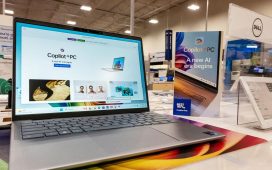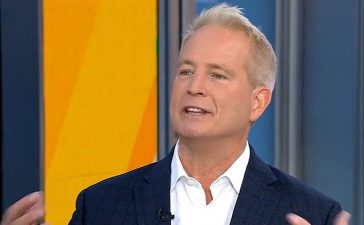
Broadcom CEO Hock Tan says the company is aware of lingering customer unease in the wake of its $69 billion VMware acquisition, but retains a positive outlook for the year ahead.
In a blog marking 100 days since the acquisition, Tan was largely optimistic about the group’s progress towards building the “world’s leading infrastructure technology company” as the company continues an overhaul of VMware’s business model.












